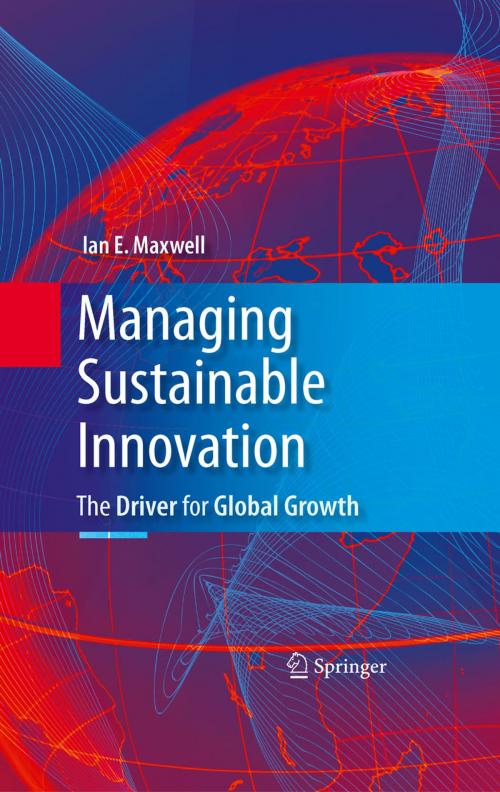Managing Sustainable Innovation
The Driver for Global Growth
Business & Finance, Management & Leadership, Production & Operations Management, Management| Author: | Ian E. Maxwell | ISBN: | 9780387875811 |
| Publisher: | Springer US | Publication: | April 21, 2009 |
| Imprint: | Springer | Language: | English |
| Author: | Ian E. Maxwell |
| ISBN: | 9780387875811 |
| Publisher: | Springer US |
| Publication: | April 21, 2009 |
| Imprint: | Springer |
| Language: | English |
Ian Maxwell applies decades of research and application to present a novel approach to innovation, with an emphasis on sustainable and renewable practices that benefit many, and not just a handful of executives and shareholders. Featuring examples from a wide range of innovators around the world, from Google to Genentech to the Masdar “clean” city initiative in Abu Dhabi, Maxwell argues that organizations that embrace structured innovation management systems and drive a “top down” innovation culture will achieve sustainable high growth and strong shareholder returns. Countries that provide the right physical, financial and human resource infrastructure to support a highly innovative macro-economic environment will experience both strong GPD growth and high living standards. Those companies and countries that fail to support innovation will struggle to compete and raise living standards, respectively. Maxwell considers the cases of China and India, whose low-cost innovation strategies are posing a serious competitive threat to established multinationals in the developed world, and considers the impact of innovation on such timely issues as climate change, environmental pollution, fossil fuel shortages, third world poverty, rising healthcare costs and ageing populations.
Ian Maxwell applies decades of research and application to present a novel approach to innovation, with an emphasis on sustainable and renewable practices that benefit many, and not just a handful of executives and shareholders. Featuring examples from a wide range of innovators around the world, from Google to Genentech to the Masdar “clean” city initiative in Abu Dhabi, Maxwell argues that organizations that embrace structured innovation management systems and drive a “top down” innovation culture will achieve sustainable high growth and strong shareholder returns. Countries that provide the right physical, financial and human resource infrastructure to support a highly innovative macro-economic environment will experience both strong GPD growth and high living standards. Those companies and countries that fail to support innovation will struggle to compete and raise living standards, respectively. Maxwell considers the cases of China and India, whose low-cost innovation strategies are posing a serious competitive threat to established multinationals in the developed world, and considers the impact of innovation on such timely issues as climate change, environmental pollution, fossil fuel shortages, third world poverty, rising healthcare costs and ageing populations.















